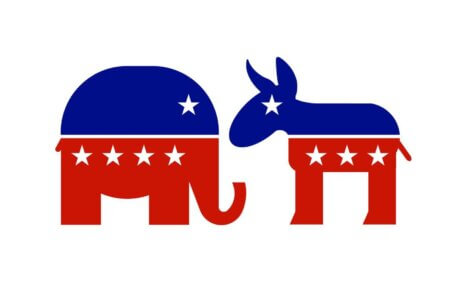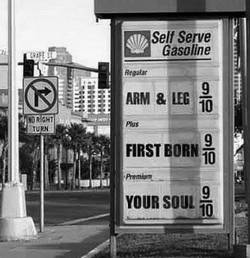NJ bill, A1823, which could provide a tax credit to college students for textbook purchases, has been proposed with the intention of encouraging taxpayers and their dependents to choose NJ educational institutions over out-of-state schools.
The tax credit, introduced in the State Assembly on Jan. 16, would equal 10 percent of textbook costs and cannot exceed $100. Students may be full time or part time and must be pursuing an undergraduate education at a four-year school, county college or accredited post-secondary school in NJ. Taxpayers with a gross income of up to $150,000 would be eligible for the credit.
Douglas Stives, Specialist Professor of Accounting, said if a student pays more than half of his/her own college costs the credit would go to them rather than their family.
Alexis Morrison, a junior communication major, said this bill would be good for students. “I know, not just myself, but all of my friends spend hundreds of dollars on textbooks and we either don’t use them or we try to return them and we don’t get our money back,” said Morrison. “It would be beneficial for us to get that money back because I feel like a lot of times we waste it on textbooks.”
Paul Dement, Director of Community and Government Relations, said the bill, if passed, would only affect students age 22 or under and their families. These taxpayers will be eligible “so long as the student completes the coursework which necessitated the textbook purchase,” according to the bill.
Dement added that if this bill became law it would benefit students by reducing the total cost of textbooks at the University after the tax credit. The credit would not be limited to purchases made at college book stores, but other sellers as well such as Chegg, Amazon and others.
According to William Rainey, manager of the University’s book store, the bill should not affect the initial cost of textbooks. He added that he does not believe that the bill will affect students’ willingness to purchase books because it is not a large deduction.
Similarly, the bill is not likely to affect overall student tuition or fees according to William Craig, Vice President of Finance. He said that students and their families would only benefit from the tax credit.
While the bill would be a benefit for students, the state of NJ would be taking an economic risk, according to Rainey. Considering the current economic state of NJ, he said, “If the law does not apply to students who go to school out of state, I think it is pretty safe you can expect a fight on their behalf. That would increase the deductions and loss of revenue to the state even more.”
Rainey added, “I figure the vast majority of full time students will be able to take the $100 maximum deduction over the course of a year of book buying, so the deductions will add up.”
Stives agreed. “Whatever is given in credits will cost the state money which they don’t have. If 100,000 taxpayers claim the $100 credit, it will cost the state 10 million dollars,” said Stives. “Couldn’t this money be used for better use such as restoring some of the state aid that was cut from NJ colleges a few years ago?”
Stives cites other negative points concerning the bill such as the limitation of who the bill affects. He said regarding the fact that the bill will only affect NJ schools, “This again is ridiculous since NJ schools are overrun and cost NJ taxpayers money to subsidize. In my opinion, a family is doing NJ a favor by sending their children to schools in other states.”
The bill also disregards older students who wish to go back to school after the age of 22 and increases the financial burden of families with an income of over $150,000 who has to pay costs as high as $75,000 per year for their kids to go to college in NJ according to Stives.
This is not the first time that a NJ bill concerning text book costs has been proposed, according to Rainey. He referenced a bill from six or seven years ago that would require state schools to offer text book rentals. “It languished in committee,” he said. “By the time it was reintroduced two years ago, every state school offered rentals, so it was moot.”
As with other tax deductions, the responsibility of documenting text book purchases is on the buyer, Rainey said. He added that if needed, the University book store can usually retrieve record of text book purchases made with a credit card, but cash receipts cannot be replicated.
The bill has not been passed by the State Assembly, who must consider the effects it will have on taxpayers and the state of NJ. “I think this is a bad idea because it discriminates against successful families and those who go out of state for college,” said Stives. “Our income tax laws are far too complicated now and another arbitrary law to help a few politicians look good is not needed.”
PHOTO TAKEN by Christopher Orlando




